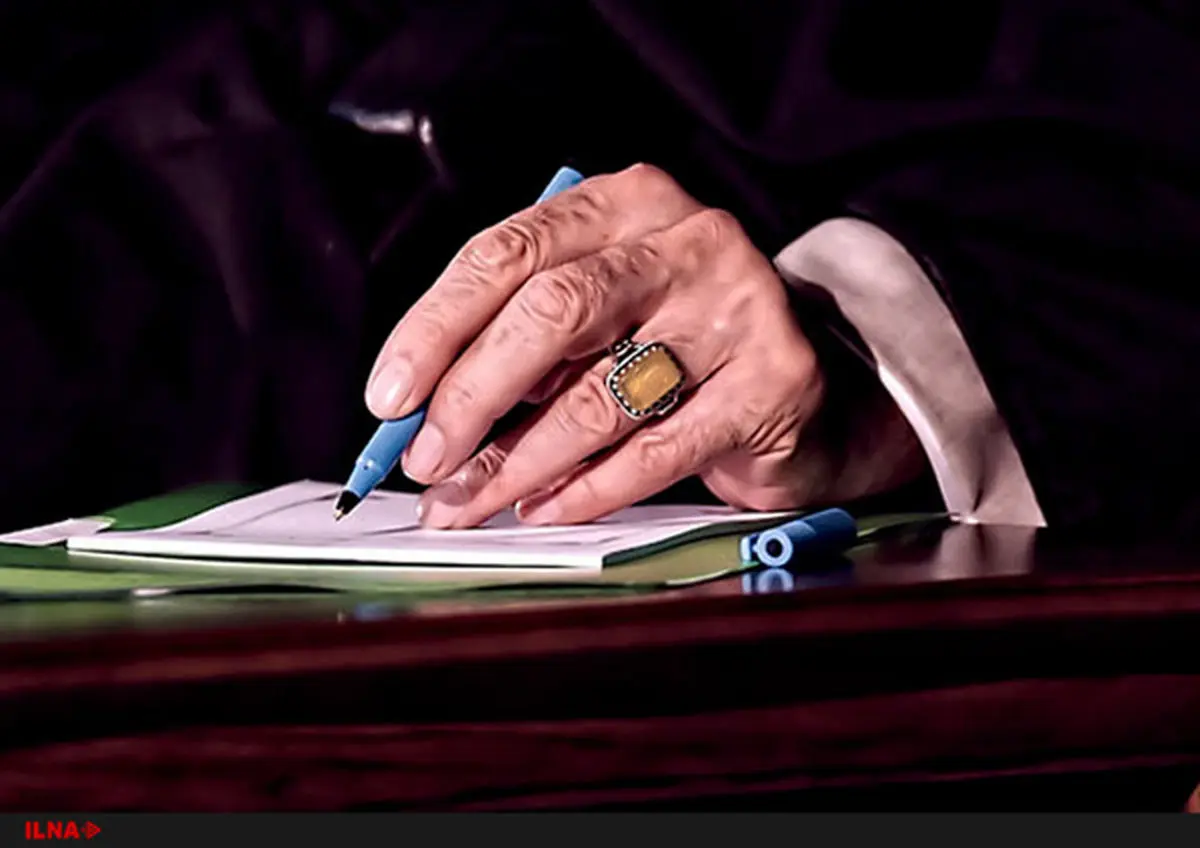Leader lets Parliament discuss FATF bills

Supreme Leader of the Islamic Revolution, in response to the Majlis (Parliament) query about how to deal with the FATF bills, said that he had no disagreement with the bills to be discussed in the Iranian parliament.
Ayatollah Khamenei’s response was read out to the Majlis open session on Sunday when the parliamentarians were reviewing the details of the bill on the joining of Iran to Combating the Financing of Terrorism (CFT) convention.
The Leader says that he had no disagreement that the FATF bills to be discussed in Majlis and follow its legal path.
Financial Action Task Force (FATF) introduces itself as an inter-governmental body established in 1989 by the Ministers of its Member jurisdictions. The objectives of the FATF are to set standards and promote effective implementation of legal, regulatory and operational measures for combating money laundering, terrorist financing and other related threats to the integrity of the international financial system. The FATF is therefore a “policy-making body” which works to generate the necessary political will to bring about national legislative and regulatory reforms in these areas.
The four bills included reform in the money-laundering rule, change in the funding terrorism law, the joining of Iran to CFT and the joining of the country to the Palermo Convention.
According to UNODC, the United Nations Convention against Transnational Organized Crime, adopted by General Assembly resolution 55/25 of 15 November 2000, is the main international instrument in the fight against transnational organized crime. It opened for signature by Member States at a High-level Political Conference convened for that purpose in Palermo, Italy, on 12-15 December 2000 and entered into force on 29 September 2003.
In its recent session, FATF has given a year as another chance to Iran to make changes in its financial activities as the country has already been transparent in its related commitments.
END
